Why is the food bank weighing in on SNAP, Medicaid cuts?
August 22, 2025
Those already struggling to find money for daily needs could find their budgets under even more strain after significant budget cuts by the federal government. That development is causing significant worry for food banks and anti-hunger advocates across the country.
Among many other changes, the cuts will reduce the Supplemental Nutrition Assistance Program (SNAP) and Medicaid, programs that many millions rely on to help make ends meet.
Some will lose benefits altogether. “There’s also lots of unintended consequences in terms of people who might not lose benefits directly, but are just on that line where it’s going to make just enough of a change where it’s going to put them in a really precarious situation,” says Chad Robinson, vice president of external affairs for the Food Bank of Delaware.
The food bank doesn’t administer SNAP or help out with doctors visits, so why are these government policy changes raising alarms?
Food bank leaders and policy advocates point to their mission of not only handing out meals, but addressing the root causes of hunger (which is why the Food Bank of Delaware also offers job training programs). They believe these cuts will have a major negative impact on the lives of people they serve, making it harder for them to stock their refrigerators while also undermining the transformative work food banks are trying to do.
“Hunger doesn’t see a party,” Robinson says. “And so there are individuals who need our assistance who are on both sides of the [political] spectrum.”
“No one is just hungry … people who are experiencing hunger are really experiencing poverty, and it’s the inability to afford all of their monthly essentials that leads them to skip meals,” says Vince Hall, chief government relations officer with Feeding America, a network of more than 200 food banks and 60,000 charitable partners across the country. He adds, “They’re struggling to pay the highly inflated cost of rent, struggling to pay for gasoline, energy, health care, education, and all of their monthly essentials.”
While food banks are concerned about cuts to benefits, they are also facing significant reductions in their own federal support, at a time when demand is already high. Over the past couple of decades, food banks have dramatically increased the amount of food they are distributing, even while the hunger rate stays about the same, Hall says. “Food banks are absolutely stretched to the breaking point right now. Fundraising is down significantly from the pandemic era fundraising, and the lines are longer than they have been in over a decade.”
And they’re likely about to get even longer. With that kind of ongoing, persistent demand, “We can’t food bank our way out of hunger,” Hall says.
What will SNAP and Medicaid benefit cuts actually mean?
While a robust food bank network plays a vital role in keeping meals on tables, SNAP accounts for far more. It provides about nine meals for every one provided by food banks, Hall says. “It is America’s foremost defense against abject hunger and malnutrition.”
For many, SNAP is a vital supplement to their income, even though it doesn’t cover all their food needs (the average monthly benefit is $180 a month, per the Food Research and Action Center).
In Delaware in 2024, about 118,000 people used SNAP benefits every month, on average, according to data gathered by USAFacts. That number of SNAP users is actually down from the 2013 peak, when about 153,000 people a month were using benefits. Still, last year’s beneficiaries amounted to 11.2 percent of Delaware’s population.
Of that slice of the population, a significant number are children and single parents. According to FRAC, 52 percent of households using SNAP included children, and 41 percent of households included seniors. Nearly 4 in 10 households in Delaware that use SNAP are headed by single women, according to USAFacts.
The Feeding America network, of which the Food Bank of Delaware is a part, distributed more than 6 billion meals last year, Robinson says, and the network estimates that the recent cuts will take away about that same amount of meals per year.
“That means that in order to do what we did last year, and to meet the needs of what’s to come, we would have to double our distribution,” Robinson says. “And so there’s not enough philanthropy to double that.”
Gina Plata-Nino, deputy director of SNAP for the Food Research and Action Center, agrees. “Food banks have been operating at superhero rates. It’s not sustainable … no sort of food bank, no sort of philanthropy, can meet the need or fill in the gap that the federal government is taking away.”
In Delaware alone, 37,000 SNAP recipients could lose all or part of their benefits, according to the Center on Budget and Policy Priorities. The number of those indirectly affected could be even higher, Robinson says.
Benefits programs like SNAP and Medicaid also have tightened work requirements. The Food Bank of Delaware does offer job training and volunteer opportunities that can help satisfy these, but Robinson questions whether there will be enough opportunities to meet the influx of demand.
“The good news is that most of the people on SNAP who can work, do work,” Hall says. “The bad news is that even though they’re working full time and sometimes doing gig economy work on top of their full time job, they’re still not able to afford the inflated cost of rent, electricity, gasoline, health care and other monthly essentials.”
Others, like children or seniors, may have no way of becoming more self-sufficient, he points out.
In rural areas, “Survey after survey has shown that folks work in part-time jobs because they have child care obligations or family obligations,” Plata-Nino says.
If more people turn to the food bank to help make up for these losses, the organization will likely request more money from the state. But while cutting benefits, the new rules also put more SNAP administration costs on the states, and expect them to chip in more for the benefits themselves. So the state government is facing significantly higher costs at the same time nonprofits will be asking for more help.
“There’s not extra millions of dollars just sitting around in the state budget,” Robinson says.
States also don’t have the staff and resources to handle increased responsibilities with SNAP, Plata-Nino says. As states make tough choices, even more people may lose benefits, she says, but it’s hard to tell exactly how many it will affect.
Some may be affected who don’t use SNAP at all. “Cities, communities, counties and states have to figure out, ‘How do I pay for this?’” Plata-Nino contends. “… Part of this is going to be raising property taxes, which is something that no one wants to hear.”
It’s not just SNAP. Medicaid cuts, too, take their toll — putting more income toward medical services and prescriptions leaves less in the budget for food, Robinson says.
Medicaid accounts for nearly a quarter of healthcare coverage in the state, according to the Kaiser Family Foundation, with 237,000 people enrolled in a state where a little over a million make their home. Of those, 37 percent are children. A large amount of the spending covers seniors and those with disabilities, but the benefits span generations — about 43 percent of births in Delaware, for example, are covered by Medicaid.
As with SNAP, it’s difficult to put a precise figure on the number of people who will be affected. The Kaiser Family Foundation notes that much depends on how states step in to make up the difference. However, they estimate around 28,000 Delawareans could lose Medicaid benefits or see them reduced.
Back to advocacy
Organizations like the Food Bank of Delaware will keep advocating for change and tracking the way government policy is affecting the people they serve.
Feeding America’s Hall draws optimism from the way the COVID pandemic demonstrated the effectiveness of programs like SNAP, which he maintains prevented catastrophe and actually reduced hunger amid all the job losses.
“SNAP has been a highly successful program that lifts people out of poverty, that sustains people who have no path to self sufficiency, reduces health care costs, increases dignity, and serves our national purpose,” Hall says.
“We all need to all work together to get through this,” Robinson says, and they’re trying to avoid a situation where so many people need help that the food bank can no longer adequately meet their needs.
“I’m very, very hopeful that policymakers of both parties will come together and see the human interest, but also the national economic interest, in solving this problem of hunger,” Hall reflects.


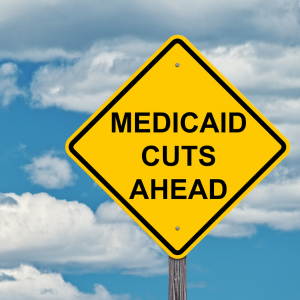


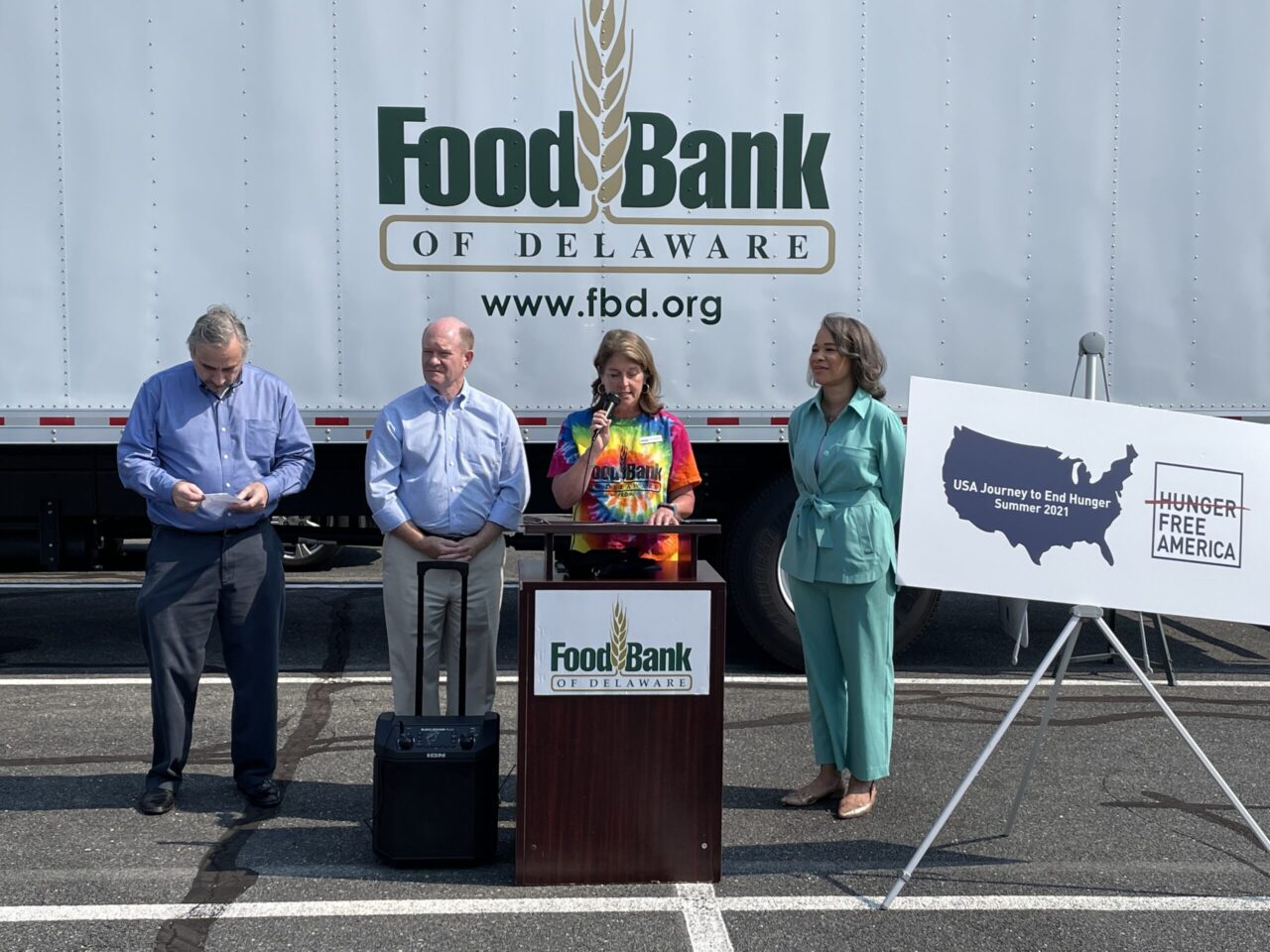
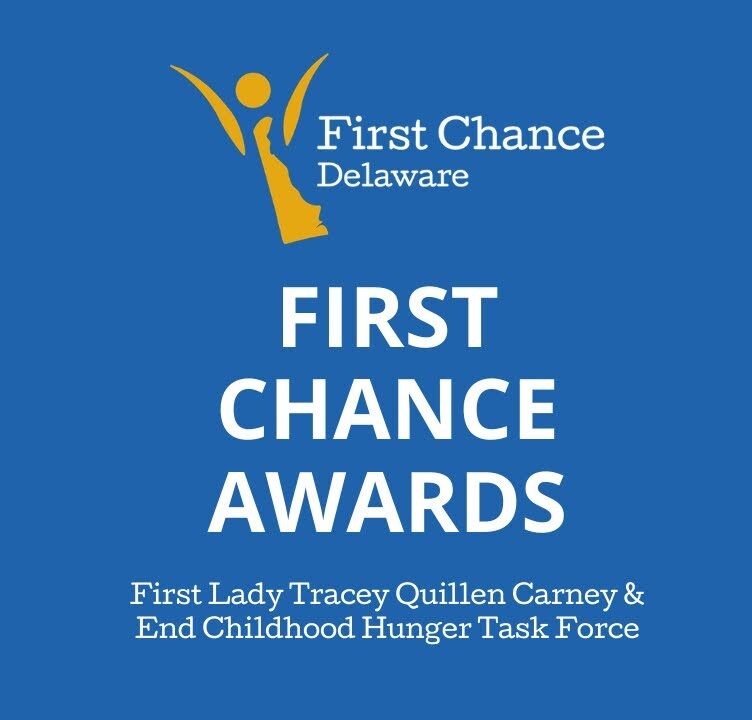
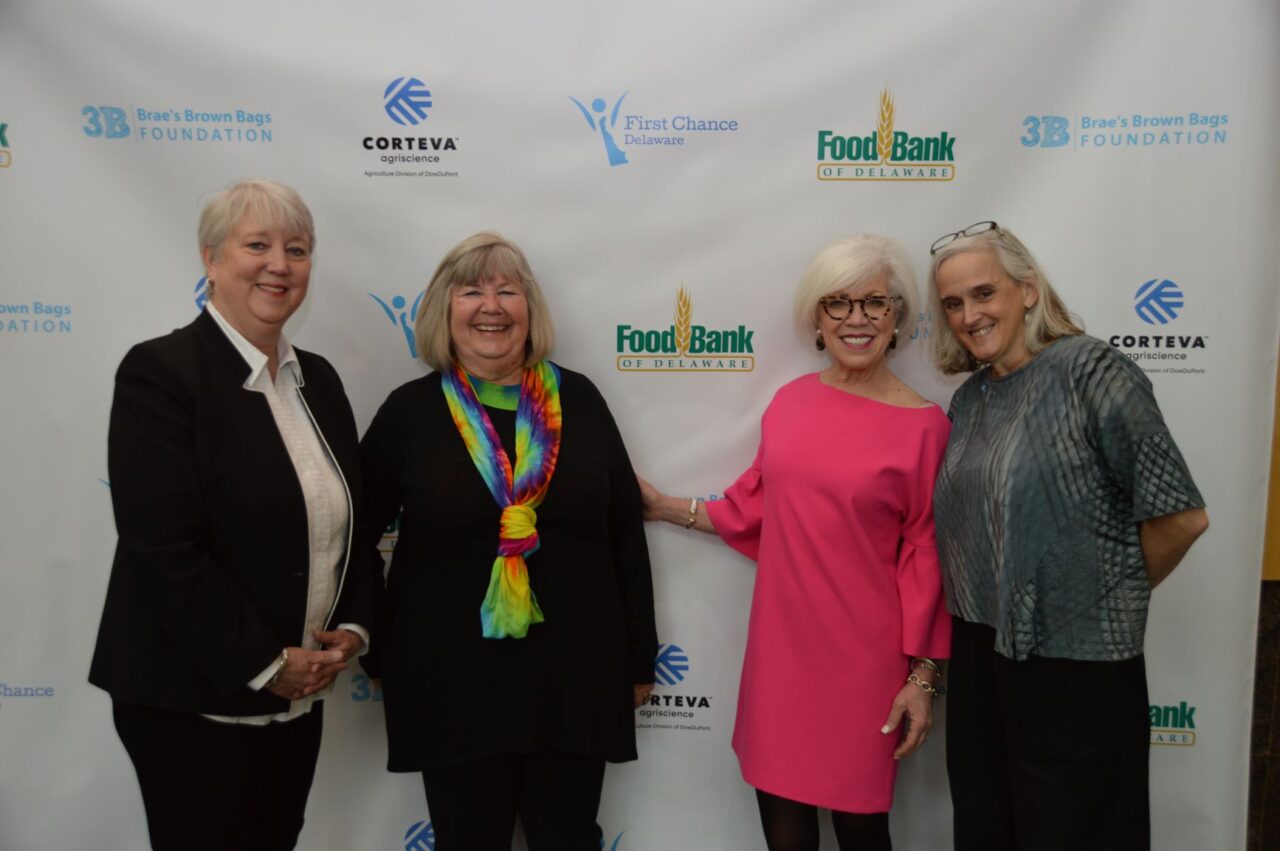
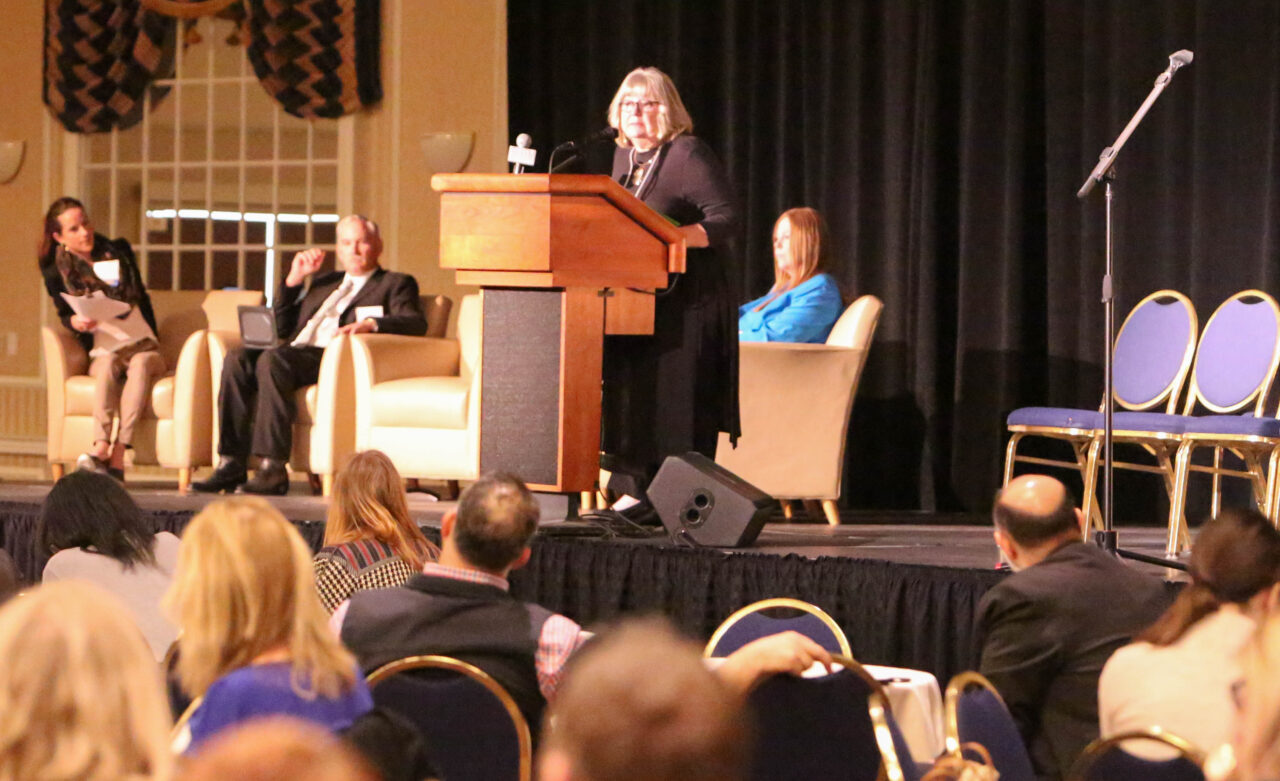


Comments are closed here.